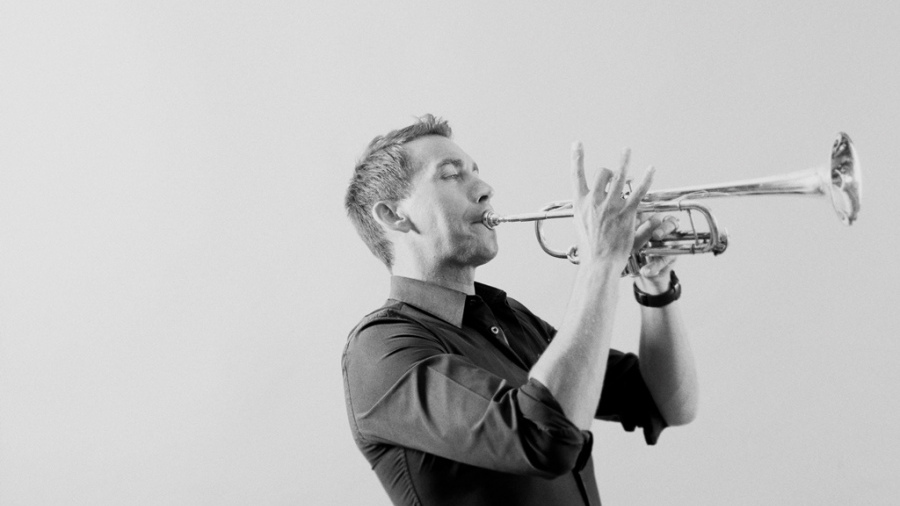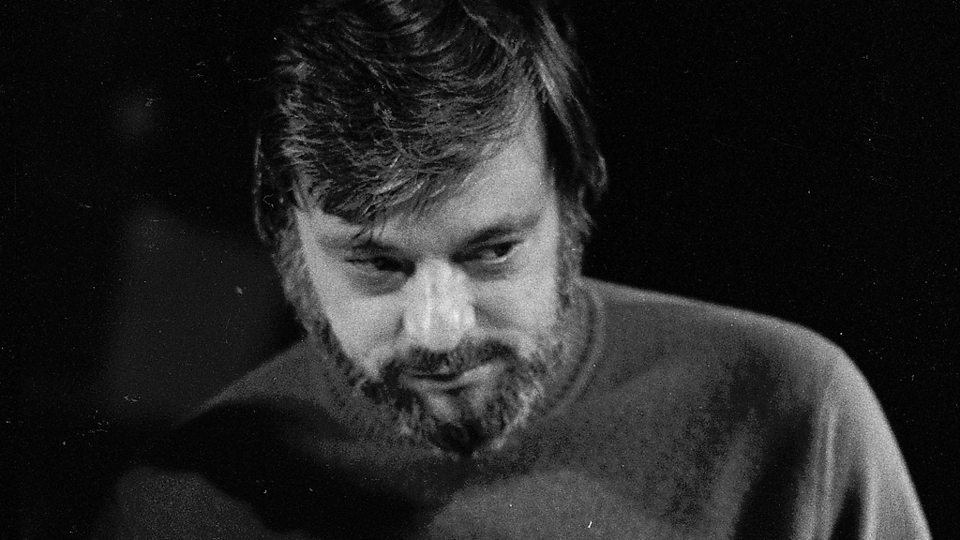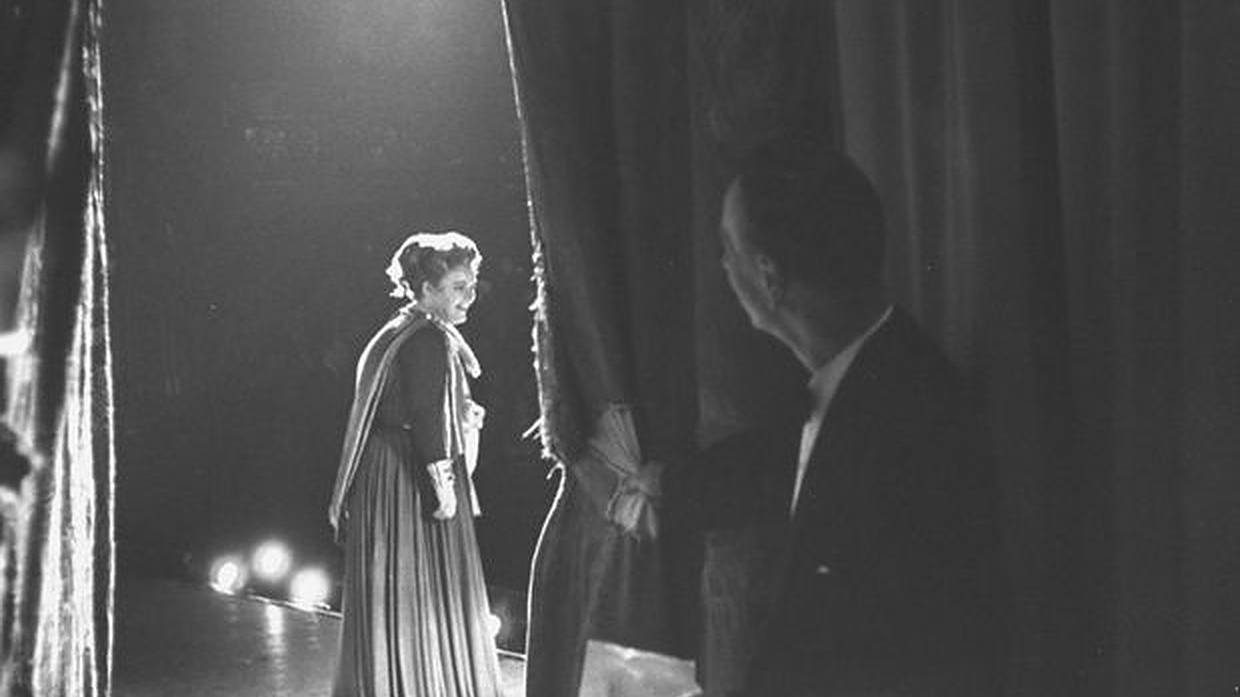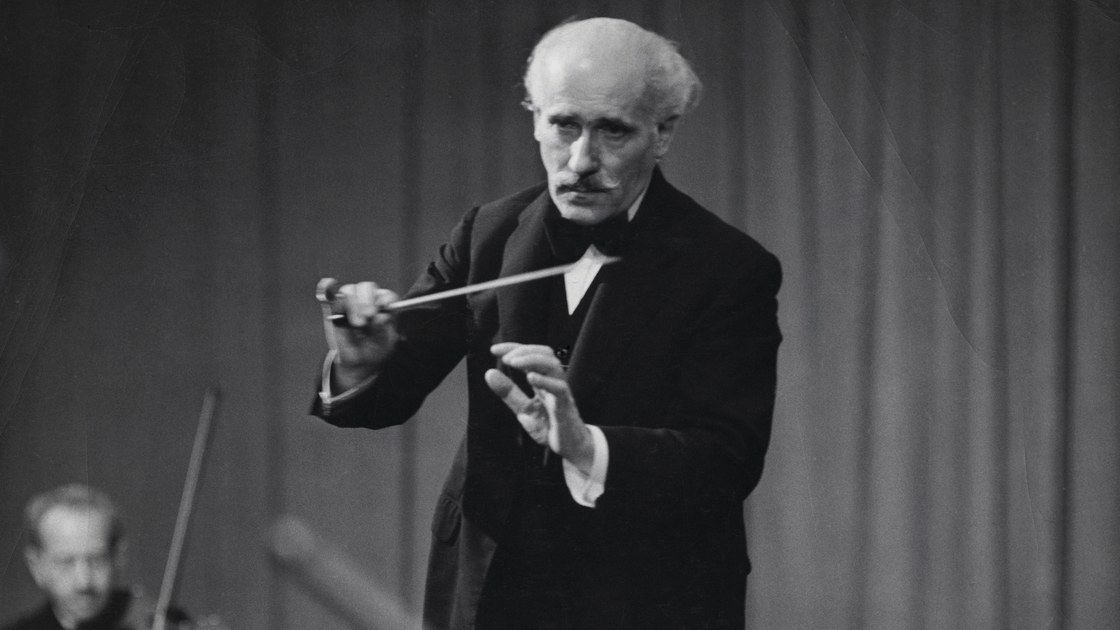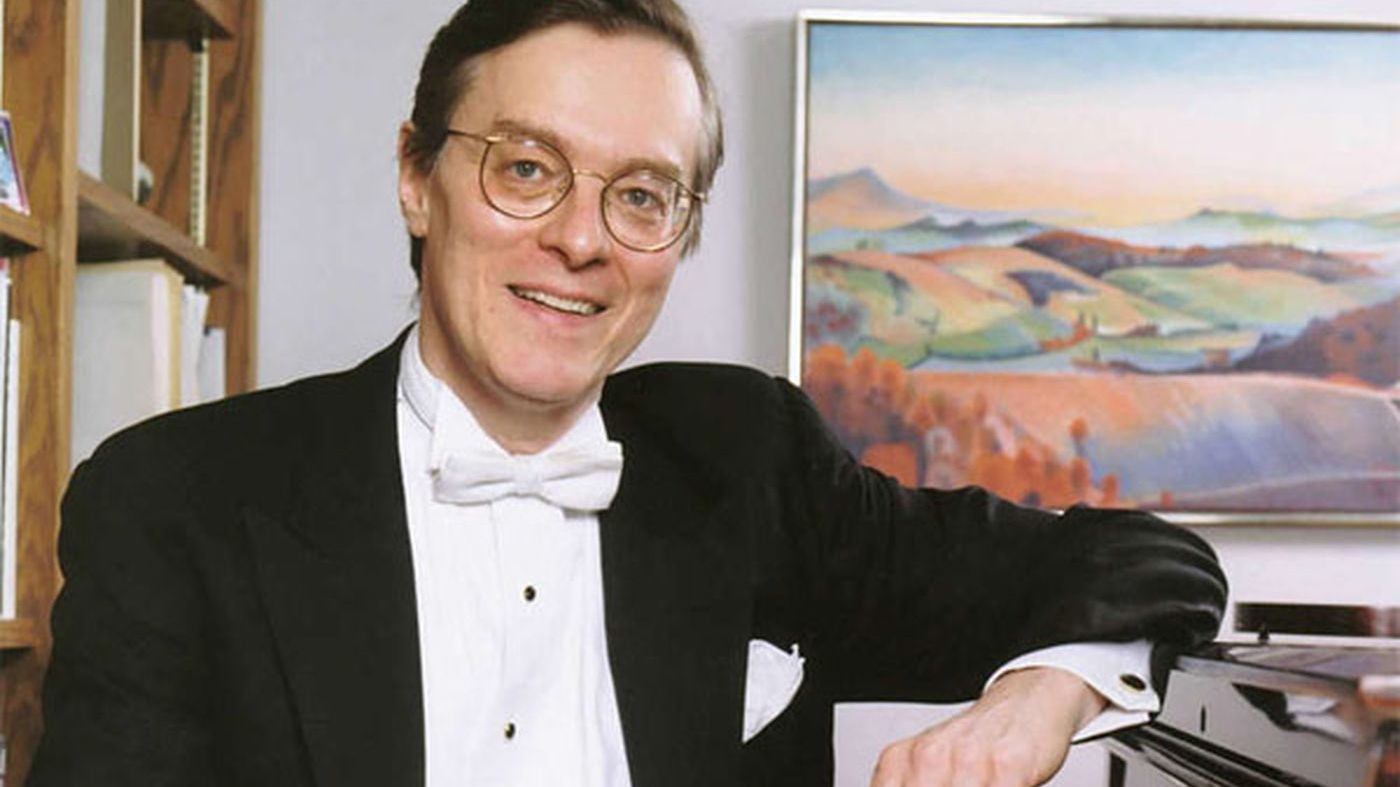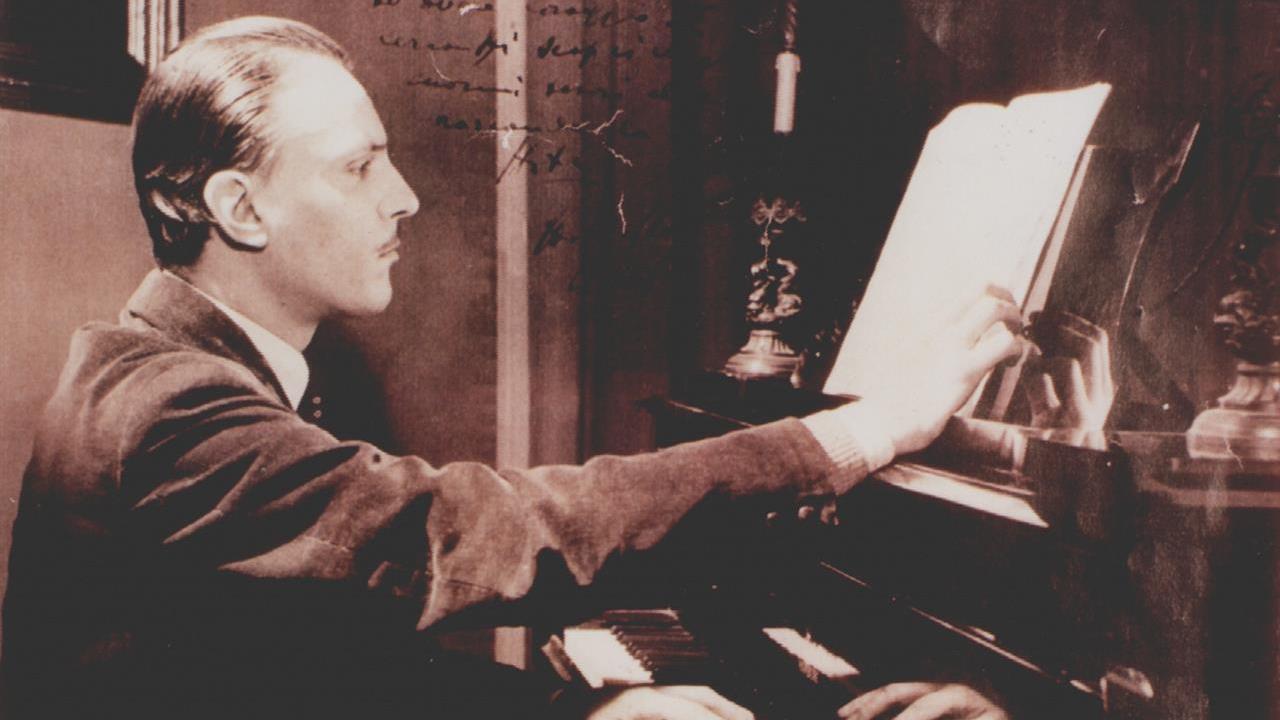Stravinsky’s “Song of the Nightingale”: A Shimmering, Impressionist Tone Poem
In 1908, the 26-year-old Igor Stravinsky, still a student of Rimsky-Korsakov at the St. Petersburg Conservatory, completed the first act of an opera, Le Rossignol (“The Nightingale”), based on the fairy tale by Hans Christian Andersen. When Sergei Diaghilev commissioned Stravinsky to write the ballet score for The Firebird, the work was set aside. Only in 1914, after the completion of The Firebird, Petrushka, and The Rite of Spring, did Stravinsky return to the project. Listening to the complete …


